
Multiple Sclerosis (MS) is chronic, neuroinflammatory, neurodegenerative, and the most common of the demyelinating diseases of the Central Nervous System, impacting over 1.8 million individuals worldwide. Around 130,000 cases are reported in the United Kingdom, with 7,000 new cases being diagnosed annually. MS deleteriously impacts the daily physical, psychological and social lives of individuals and their families, posing a significant burden on healthcare systems. The typical onset of MS can be between 15 and 55 years of age, affecting twice as many females as males.
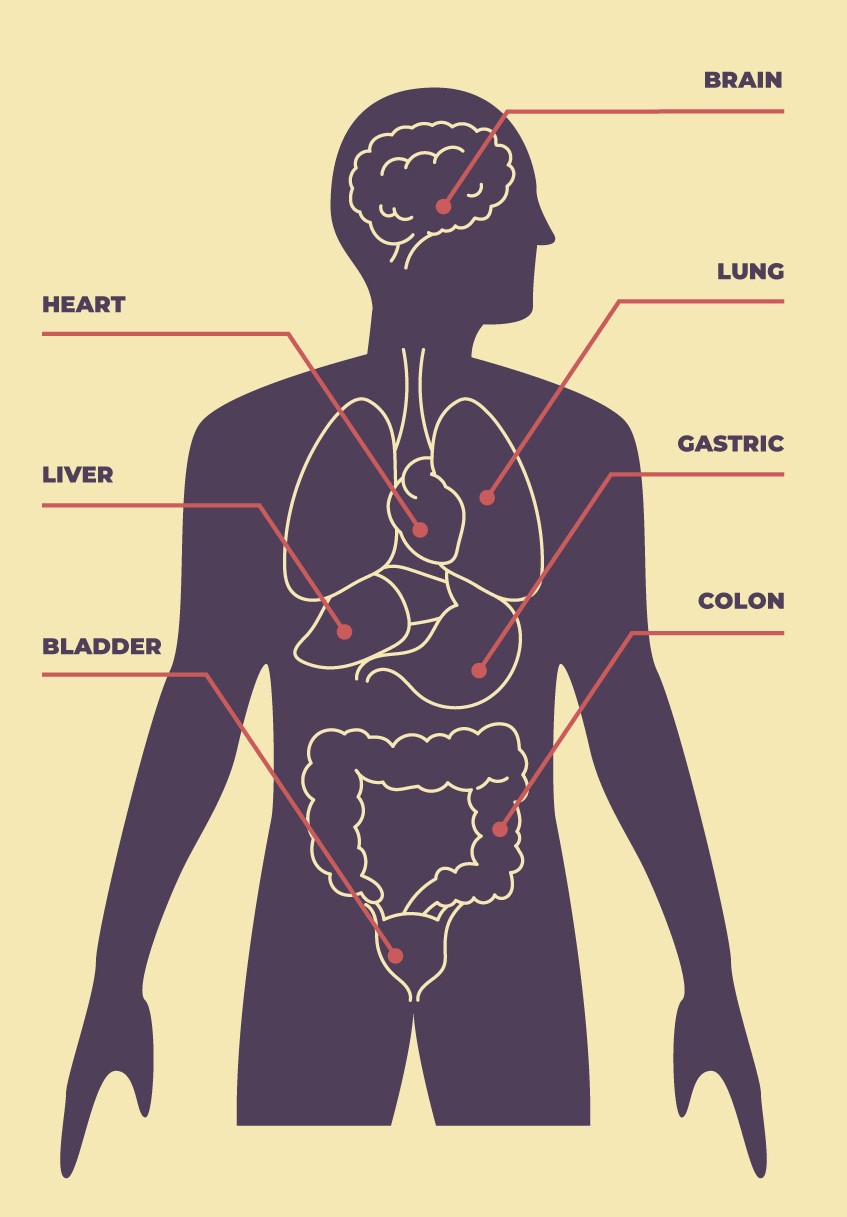
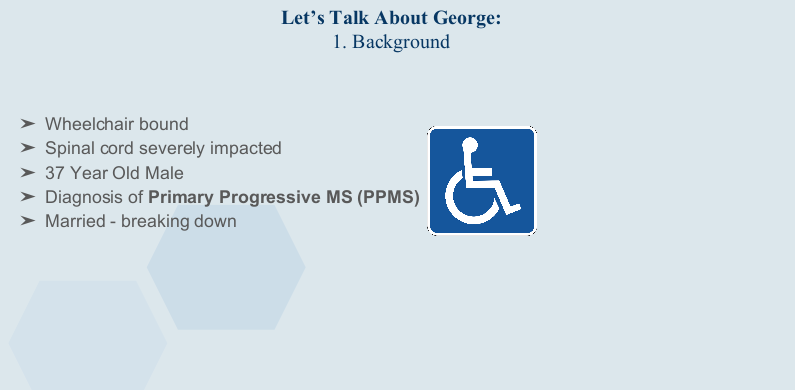
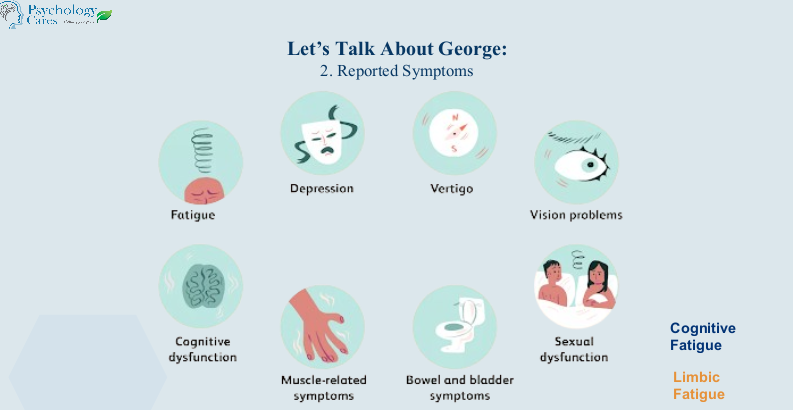
Patients present with insidious onset of neurological deficits, affecting motor function, speech, vision, personality and cognition (e.g. episodic memory and processing speed). Cognitive Impairment affects up to 65% of patients across the phenotypic phases, as such a core feature of the condition. MS is also associated with mood and anxiety disorders, apathy, and pseudobulbar affect. The diagnosis and treatment of these comorbid and overlapping symptoms is often difficult. Effective treatment of these comorbidities is vital in not only reducing disability and care burden, but also improving daily functioning and quality of life.
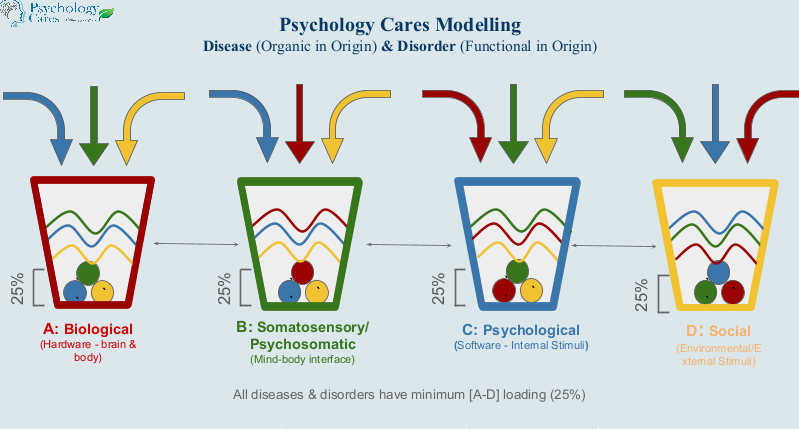
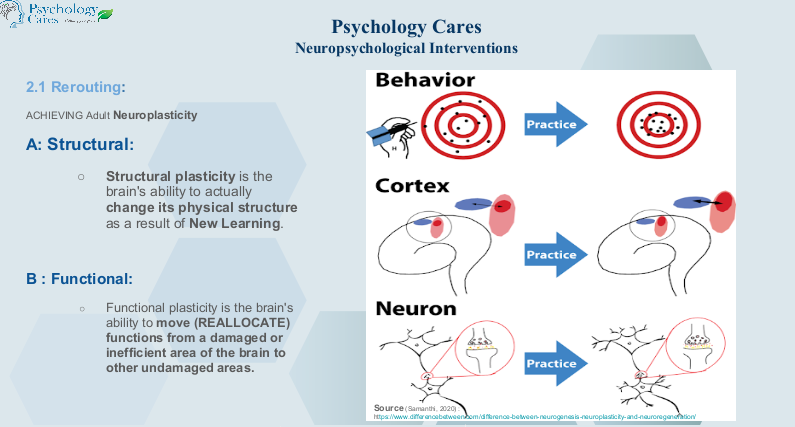
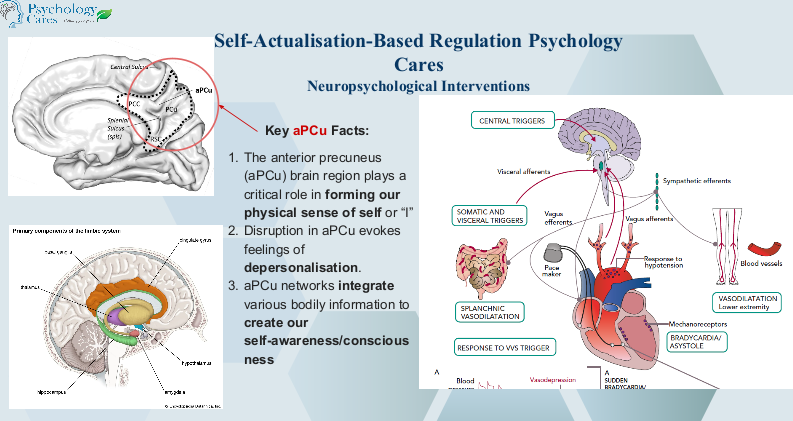
Our intervention is guided by a multimodal formulation aiming to develop neuropsychological mapping, where person-specific intact brain structures, functions, mechanisms, and processing are effectively identified and harnessed, rerouting and rewiring around the pathological changes. We propose three distinct intervention stages: (A) Stabilisation and Integration. This must include healthcare system management and coordination; promoting physical health and sensory stimulation. The goal in therapy is to drive cognitive and emotional “traffic” away from somatosensory and haptic pathways, whilst using intact processes to regulate, employing cognitive and motivational scaffolding techniques, focusing on (B) Selective Optimisation and Compensation, adapted from Baltes & Baltes (1990) model. (C) Self-Actualisation-Based Regulation, elicited from the core concept of selfhood, identity, meaning and purpose, independent of physical and cognitive functioning.

This is a tentative model, requiring further research and investigation, but there are significant applications for such an approach across a range of neurodegenerative disorders.
Latest Articles:
We’re Still Improving!
Our website is under construction, and you might come across some misspellings or broken links. We’re working hard to fix these issues and improve your experience. Thank you for your patience and understanding as we make things right.